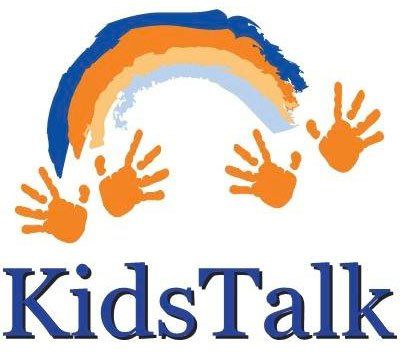Speech teletherapy
Social distancing does not have to be a barrier to your child receiving the speech therapy that they need. I can provide online speech teletherapy sessions.
Contact me
How does speech teletherapy work?
Teletherapy eliminates the need for travel in order to access speech and language therapy sessions. I will deliver the session using Zoom, an online meeting platform. My sessions are GDPR compliant and a password will be provided for you to join the meeting. Although the sessions will be online, they are still a secure environment and nobody but you will be able to access the sessions. You do not need to be a technical genius to get the sessions set up either, all you have to do is download the Zoom app.
Before the session
Simply download the Zoom app, then click on the link to join my meeting which will be emailed over to you before the appointment time.
During the session
The sessions are very similar to how they would be in a physical location but delivered in the comfort of your own home. As I communicate through video, I can still pick up on any non-verbal cues your child shows.
After the session
I will discuss any recommended practice activities and exercises with you and send a confirmation email after the session has finished.
I usually work in Ludlow, Herefordshire and South Shropshire, but as these sessions are virtual, I can work with you and your child no matter where you are based.

